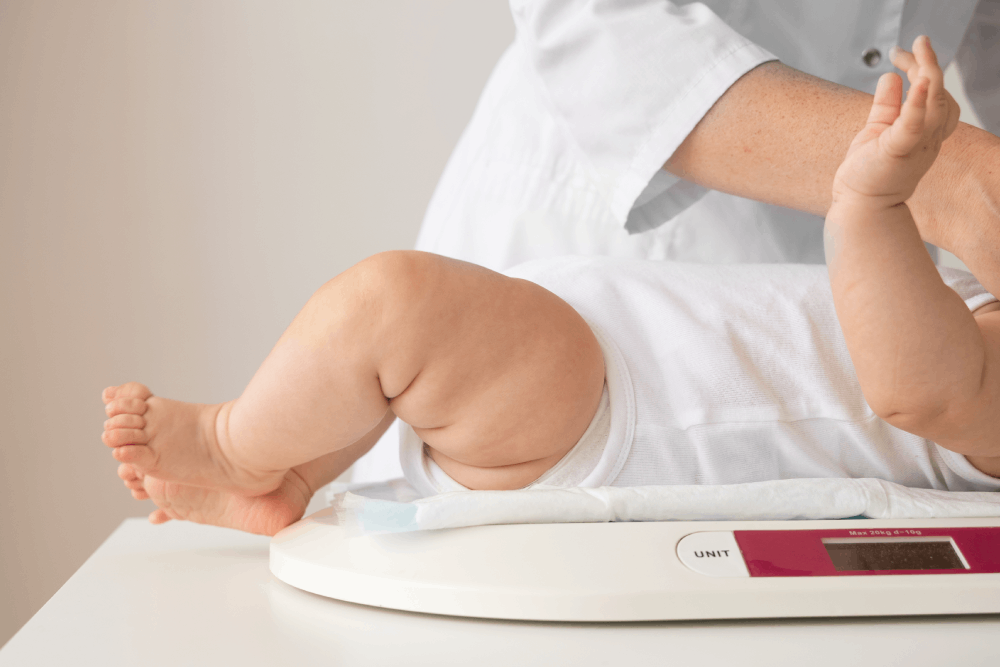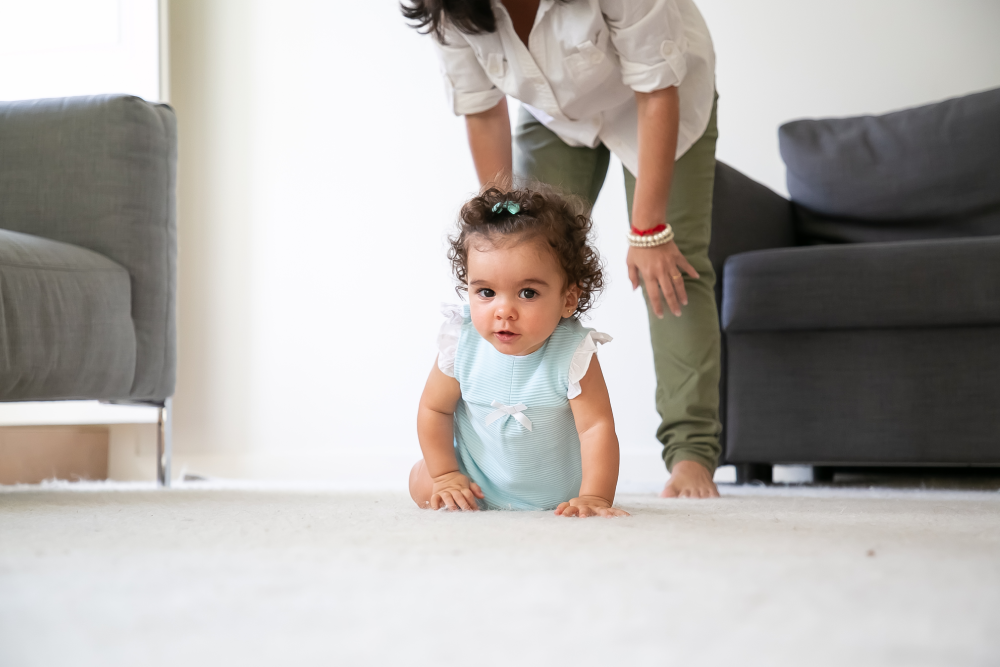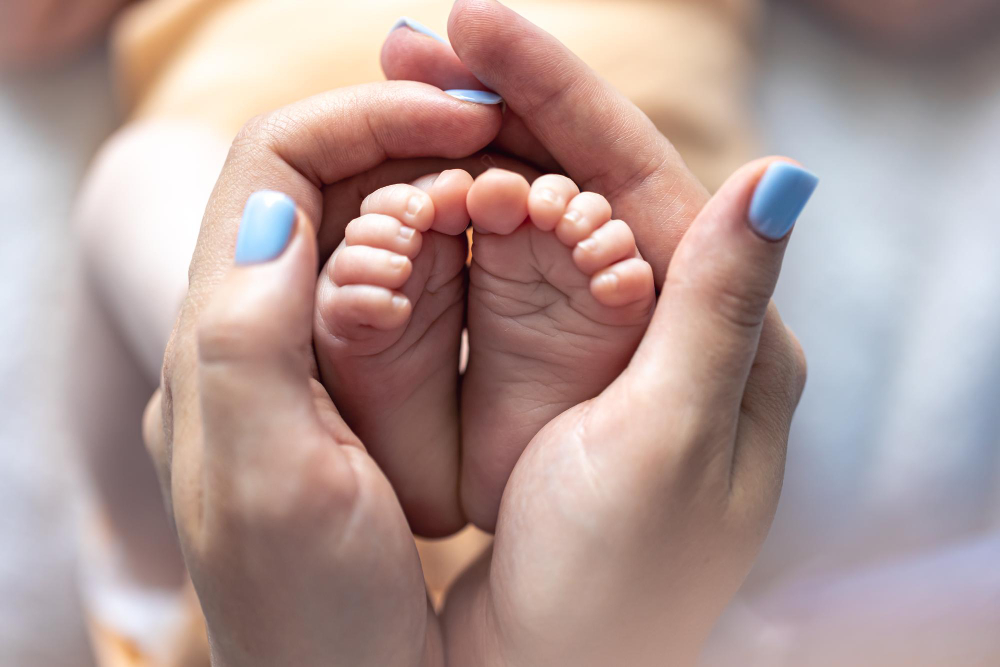Introduction
One of the first questions new parents often ask is, “What should be the ideal weight of a newborn baby?” Understanding the typical range and factors influencing a newborn’s weight is crucial for ensuring your baby’s health and well-being.
Ideal Weight Range for Newborns
Dr. Siddhant Lalwani, one of the best Pediatrician and Sleep Specialist in Pune, says: “newborns weight usually reduces compared to their birth weight in the first 7-10 days of birth and it starts increasing after 10-12 days. The newborns weight generally doubles at 6 months and triples at 1 year of the birth weight”.
The average weight of a full-term newborn is typically between 2.5kg to 4kg. However, babies born within this range are considered healthy. It’s essential to remember that every baby is unique, and various factors can influence birth weight.
Factors Influencing Newborn Weight
- Gestational Age
- Babies born after the full 37 to 40 weeks of pregnancy are usually heavier than those born prematurely.
- Genetics
- Parents’ physical characteristics and genetics play a significant role in determining a baby’s birth weight.
- Maternal Health
- Conditions such as diabetes or hypertension in the mother can affect the baby’s weight.
- Nutrition
- A mother’s nutrition and lifestyle choices during pregnancy impact the baby’s growth and weight.
Why Newborn Weight Matters?
A baby’s birth weight can indicate their initial health status. Babies who are too small (low birth weight) or too large (high birth weight) may face certain health risks and complications.
- Low Birth Weight: Babies weighing less than 2.5kg are considered low birth weight. They may face challenges like difficulty maintaining body temperature, increased susceptibility to infections, and potential developmental delays.
- High Birth Weight: Babies weighing more than 4kg may experience complications during delivery and an increased risk of obesity and diabetes later in life.
Monitoring and Maintaining a Healthy Weight
Regular check-ups with a child specialist at the best Pediatric Hospital in Pune is essential to monitor a newborn’s weight and overall growth. Parents can also contribute to their baby’s healthy weight gain by:
- Breastfeeding: Providing the right balance of nutrients and antibodies.
- Formula Feeding: Ensuring the baby receives adequate nutrition if breastfeeding isn’t an option.
- Skin-to-Skin Contact: Promoting bonding and regulating the baby’s body temperature and heart rate.
When to Seek Medical Advice
If you notice any of the following signs, consult your pediatrician:
- The baby isn’t gaining weight or is losing weight.
- The baby has feeding difficulties or refuses to feed.
- The baby seems lethargic or unresponsive.
Conclusion
Understanding the ideal weight range for newborns and the factors influencing it helps parents ensure their baby’s healthy start in life. We, at Lalwani Mother and Child Care Hospital do regular monitoring, provide nutritional guidance, and timely medical consultations to support your newborn’s growth and development. Remember, every baby is different, and slight variations in weight are normal. Always consult with the best pediatrician or child specialist in Pune for personalized advice and guidance.






















